-
July, 26,2025
Understanding the Role of Bloom Strength in Soft Gelatin Capsules
-
July, 25,2025
Bloom Strength and Its Impact on Hard Gelatin Capsules
-
July, 21,2025
How Gelatin Is Revolutionizing Pet Food: A Healthier Option for Dogs
-
June, 22,2025
Collagen as a Trusted Ingredient: Meeting Global Demand with Reliable Supply
Understanding Gelatin Manufacturing: Key Processes, Quality Standards, and Business Opportunities
Gelatin, a valuable ingredient used across industries like food, pharmaceuticals, and cosmetics, is produced through a multi-step manufacturing process that transforms animal collagen into a versatile product. The process includes raw material selection, extraction, purification, and drying, all while adhering to strict quality standards. With growing global demand, this article explores the critical stages of gelatin production, the importance of maintaining high-quality standards, and emerging market opportunities.
Brief Overview of Gelatin Manufacturing
Definition and Composition
Gelatin is a colorless, odorless, water-soluble protein, mainly extracted from animal collagen through a hydrolysis process. As a natural macromolecular substance, gelatin is composed of large polypeptide chains, which are mainly composed of amino acids such as glycine, proline, and hydroxyproline. Its molecular structure and unique physical and chemical properties make it widely used in many industries such as food, medicine, and cosmetics. Gelatin has good solubility in water and can form a stable gel at an appropriate temperature, which is also one of its core characteristics in many applications.
Types and Sources
The main sources of gelatin are animal skin, bones, and connective tissue, especially pig skin, cow skin, and cow bones. These raw materials are treated with acid or alkaline, hydrolyzed to obtain collagen, and then further refined into gelatin products. The source of gelatin will directly affect its physical and chemical properties, such as gel strength and solubility. Therefore, in actual production, the choice of gelatin is usually determined by the specific needs of the final application.
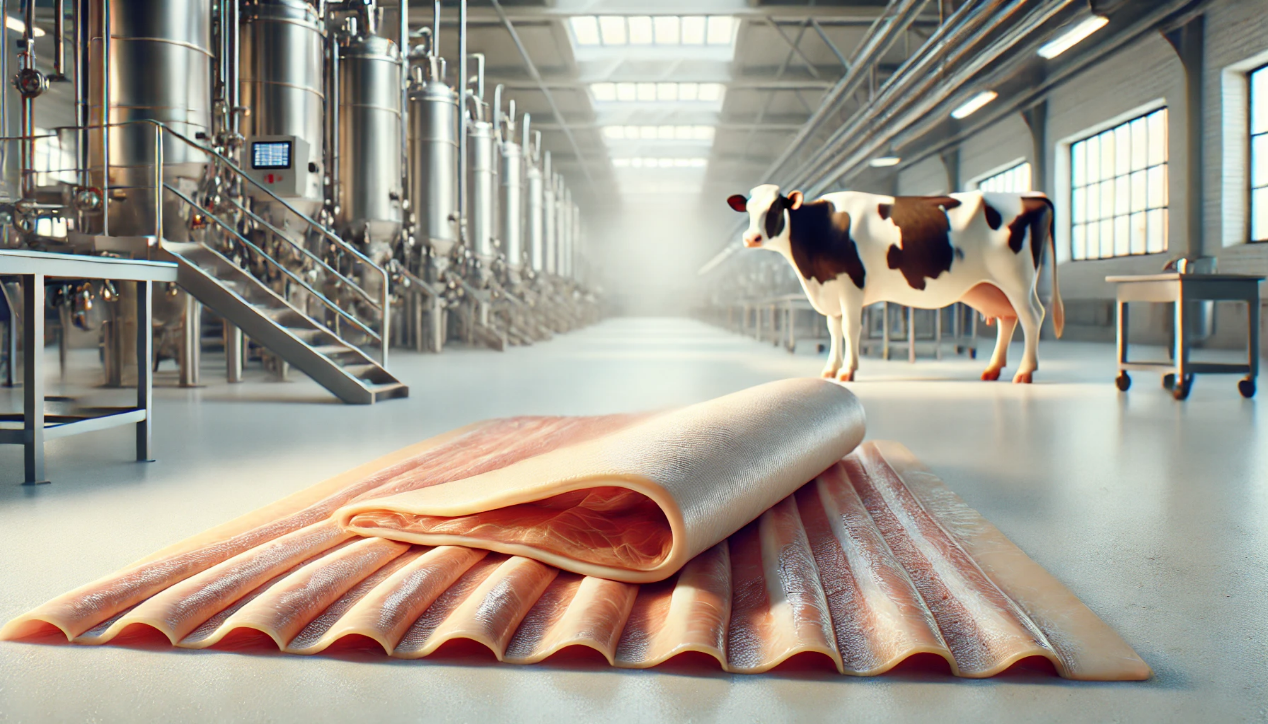
The Gelatin Manufacturing Process Step-by-Step
The gelatin manufacturing process involves several key stages, starting from raw material selection to the final product's grinding and mixing. Below is a step-by-step explanation of the process:
Raw Material Selection
Gelatin is primarily derived from collagen-rich animal by-products such as bovine hides, pig skins, and bones. These raw materials are selected based on their collagen content and quality. The selection process ensures the use of healthy, disease-free animals to comply with strict health and safety standards. The choice of raw material also influences the properties of the final gelatin product, such as its gelling strength and viscosity.
Pre-Treatment
Before collagen can be extracted, raw materials undergo pretreatment to remove impurities like fats, minerals, and non-collagen proteins.
Alkali or acid treatment is applied to soften the tissues, break down cellular materials, and prepare the collagen for extraction. Pig skins generally go through an acid pretreatment, while bovine hides often undergo a more extensive alkali treatment due to their thicker structure.
Gelatin Extraction
Once the raw material has been pretreated, collagen is extracted through a series of hot water washes. Temperature control is crucial during this step to ensure the collagen breaks down into gelatin without damaging its structure. Multiple extraction stages may be used, starting with lower temperatures to obtain high-quality gelatin and progressively higher temperatures for subsequent extractions. These washes extract the collagen, which dissolves into the water, forming a gelatin solution.
Purification and Filtration
The extracted gelatin solution contains impurities that must be removed. This is done by:
·Filtration to remove solid particles.
·Centrifugation to eliminate fats.
·Ion exchange treatments to purify the gelatin further.
The result is a clear, purified gelatin solution ready for concentration.
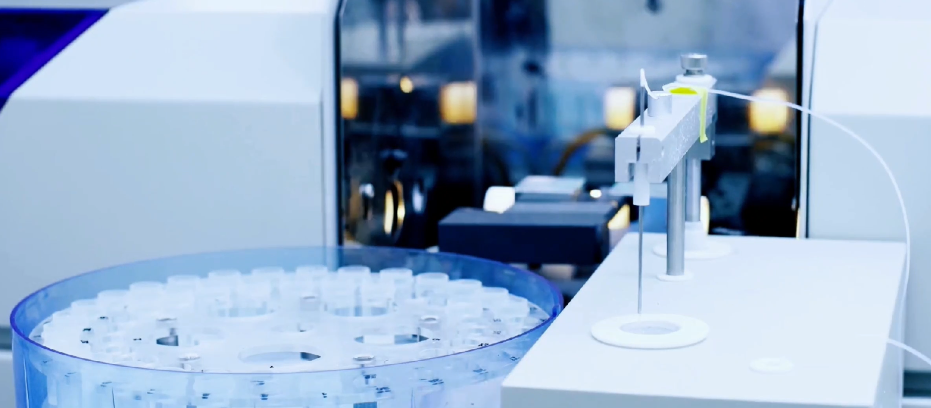
Concentration and Drying
The gelatin solution is concentrated using evaporation under reduced pressure to remove excess water. Once concentrated, the gelatin is dried through methods such as:
Drum drying or belt drying, where the gelatin is converted into sheets or flakes.
This step solidifies the gelatin and prepares it for further processing.
Milling and Blending
The dried gelatin is then ground into a fine powder during the milling process. It is then blended to ensure uniform particle size and consistent quality. Additives may be incorporated depending on the desired application, and the gelatin is packaged for distribution.
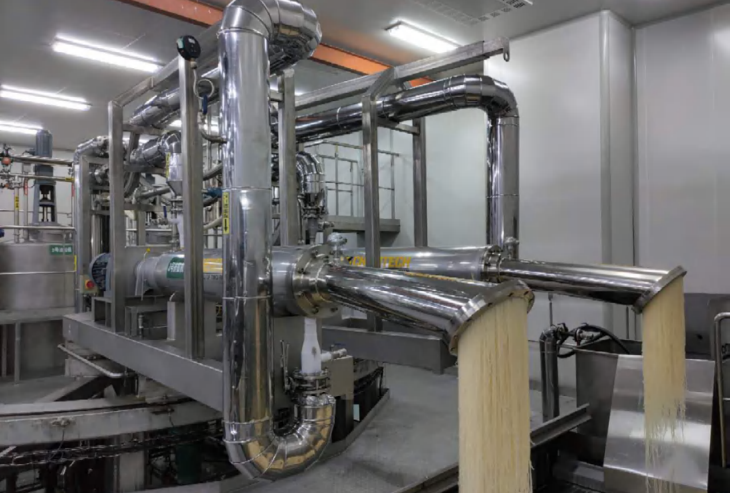
Quality Standards in Gelatin Manufacturing
In gelatin manufacturing, standards for ensuring product quality involve multiple aspects, including regulatory requirements, quality control measures, and certification and compliance. These standards are particularly important for manufacturers using gelatin because they are directly related to the safety and reliability of the product.
Regulatory Requirements
The production of gelatin must comply with the requirements of regulatory agencies such as the State Food and Drug Administration. These regulatory requirements ensure that the production and sale of gelatin are legal and compliant, and prevent the illegal use of industrial gelatin or non-compliant production practices. Regulatory agencies will conduct regular inspections of production companies to ensure that they comply with relevant laws and regulations to protect the health and safety of consumers.
Quality Control Measures
In terms of quality control, Funingpu’s gelatin take strict measures to ensure the high quality of their products. First of all, the selection of raw materials is crucial. Companies need to ensure that the raw materials used meet food safety standards and are strictly cleaned and pre-treated.
During the production process, each step such as dissolution, filtration, and drying must be carried out under controlled conditions to ensure the stability of gelatin quality. Companies also conduct detailed tests on raw materials and finished products, paying attention to indicators such as microorganisms, heavy metals, and chemical residues to ensure product safety and traceability.
In addition, all production methods and processes are recorded in detail to ensure that each batch of products can be traced back to its raw materials and production conditions. Funingpu employs strict quality control throughout the production process. From raw material selection to final product testing, we focus on ensuring gelatin meets high standards for safety, microbial limits, and chemical residues. All our production processes are documented, ensuring complete traceability, which is crucial for industries like pharmaceuticals.
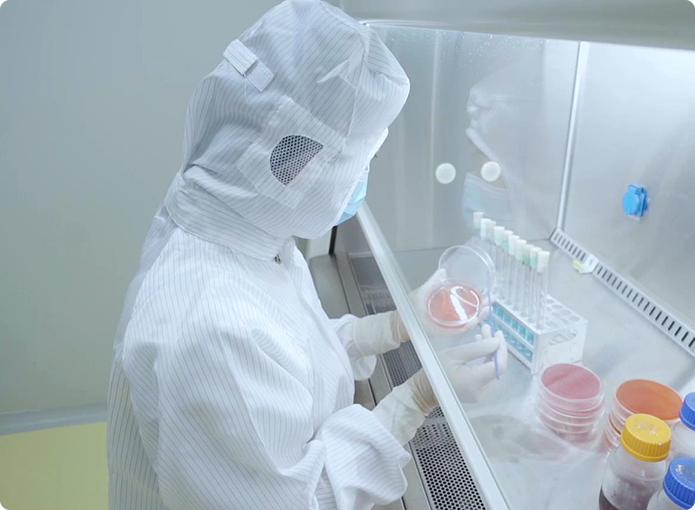
Certification and Compliance
In order to meet the requirements of the international market, gelatin manufacturers usually need to obtain multiple certifications, such as ISO 9001 (quality management system), HACCP (hazard analysis and critical control points), IFS (international food standard), FSSC 22000 (food safety management system certification), GMP (good manufacturing practice), etc.
These certifications prove that the manufacturer meets international standards in quality management and safety control. In addition, companies must also follow industry standards and national standards, such as "Pharmaceutical Gelatin" QB2354 and GB 6783-2013 "National Food Safety Standard Food Additives Gelatin" to ensure the technical requirements and quality stability of the product.
In terms of regulatory support, companies need to keep in touch with relevant associations and organizations, track the latest regulations and guidelines, and ensure continuous product compliance. Funingpu’s gelatin is backed by multiple international certifications, including Kosher, GMP, ISO 9001, ISO 22000, FSSC 22000, and IMSOC EU Admittance Qualification. These certifications confirm our adherence to stringent global standards, making us a trusted supplier for industries that demand consistent quality and safety.

Market Trends and Business Opportunities
Growing Demand Across Industries
The demand for gelatin in many fields such as food, medicine, cosmetics, and health products is continuing to increase. The food industry's pursuit of healthy and natural ingredients has made gelatin increasingly important as a thickener and stabilizer, especially in applications such as candy, jelly, and dairy products. In the pharmaceutical industry, gelatin is a key material for capsules and tablets, and its demand continues to expand with the aging of the global population and the growth of medical needs.
The cosmetics and health products industry benefits from consumers' increasing attention to beauty and health, and gelatin, as a source of high-quality collagen, has a wide range of market opportunities. For downstream companies, keenly capturing these growth trends and actively exploring new product development will help them stand out from the competition. Funingpu, as a leader in gelatin manufacturing, is well-positioned to meet the expanding needs of these industries with our customized gelatin solutions.
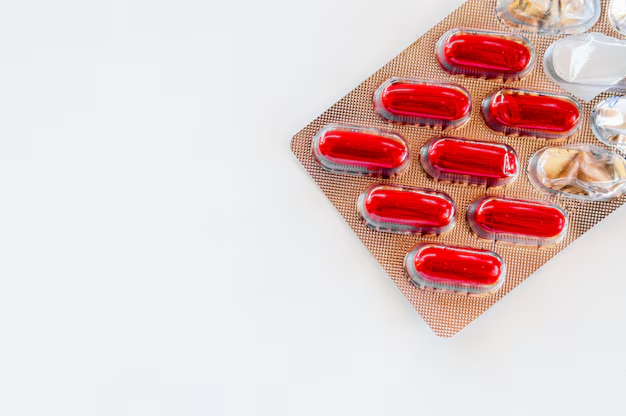
Innovation in Gelatin Manufacturing
In the field of gelatin manufacturing, technological innovation is driving the industry to new heights. The production processes of alkaline and acid methods are constantly being optimized. For example, by precisely controlling reaction conditions (such as temperature, pH value, and reaction time), the extraction efficiency of gelatin can be improved and unnecessary resource consumption can be reduced.
These improvements not only help to increase production capacity but also reduce waste emissions during the production process, which is in line with the current trend of environmental protection and sustainable development. Companies can take advantage of this trend to ensure the competitive advantage of their products by choosing more environmentally friendly and efficient suppliers.
In addition, with the increasing demand for clean-label products, the market demand for safe and natural gelatin products is becoming more and more intense. Funingpu continues to optimize its production processes by improving extraction efficiency and minimizing resource consumption, aligning with sustainability goals. As demand for clean-label products grows, Funingpu is committed to providing safe, natural gelatin that meets the highest standards.
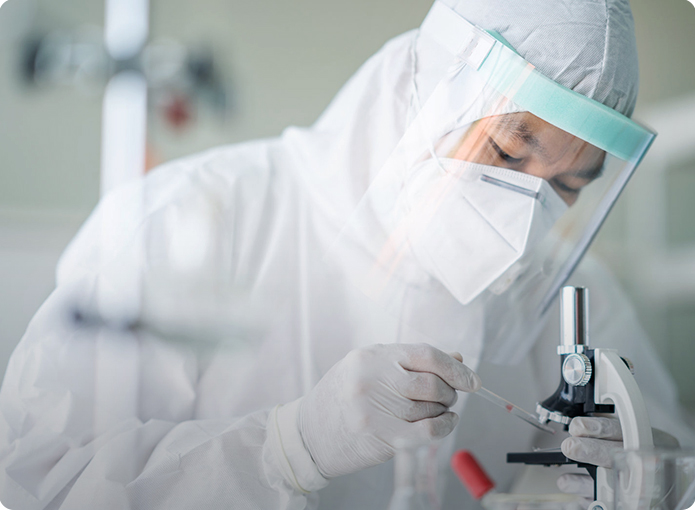
Global Market Insights
The global gelatin market is growing rapidly, reaching $3.07 billion in 2023, and is expected to increase to $5.51 billion by 2032, with a compound annual growth rate of 7.03%. Europe and Asia Pacific are the main markets, with Europe accounting for the largest share due to its mature market base, while Asia Pacific has become the fastest-growing region due to population growth and increased health awareness.
For downstream B-end customers, a deep understanding of the demand characteristics and consumption trends of these regional markets will help to formulate more precise market strategies. Funingpu is actively expanding its presence in these key markets, offering tailored solutions that meet the unique demands of regional consumers and industries. Our certifications and commitment to quality make us a preferred supplier in these growing markets.
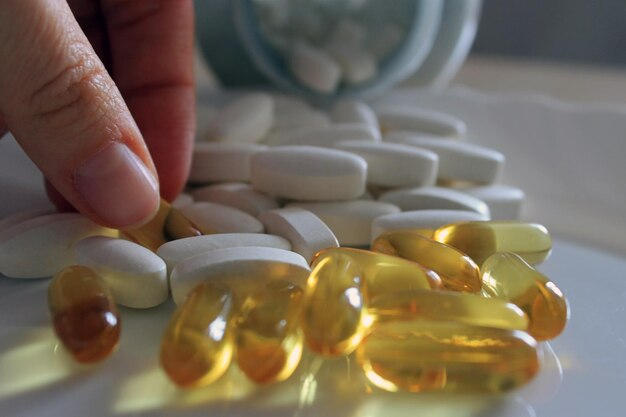
Final Thoughts
Gelatin manufacturing continues to evolve, driven by innovations in production techniques and a rising demand across multiple industries. As the market expands, adhering to stringent quality standards and exploring sustainable practices will be crucial for manufacturers to stay competitive. With growing opportunities in food, pharmaceuticals, and cosmetics, gelatin is positioned to remain a key ingredient globally.
Phone: +86-577-88105990
Mobile: +86-138 5886 1938
Official Website: www.fnp-gelatin.com
Email: sales@funingpu.com
Address: No. 1-10 Wenpu Road, Yacheng Town, Xiapu County, Ningde City, Fujian Province




